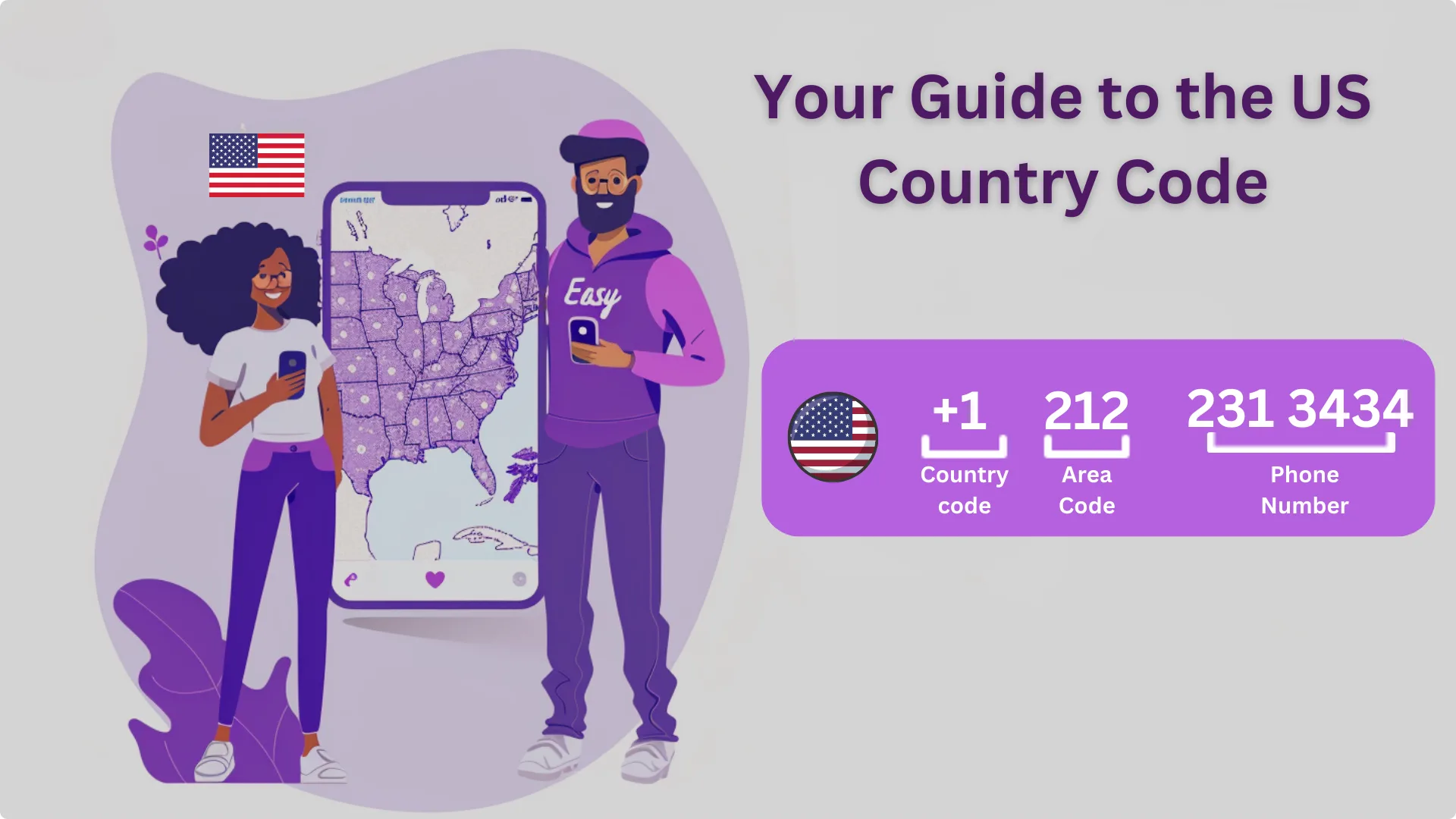Introduction of Follow-Up Sales
The sales process is an integral part of any business, and it involves a series of steps designed to convert leads into customers. One of the most critical steps in the sales process is the follow-up stage, which involves reaching out to potential customers who have shown interest in your product or service. However, following up with leads can be tricky, and it requires a well-crafted sales script that can help you effectively communicate your message and convert your leads into paying customers.
What does sales follow-up mean?
A follow-up call is a type of phone call made by a sales representative or customer service representative to a potential or existing customer after an initial interaction or purchase. A follow-up call aims to check in with the customer, address any concerns or questions they may have, and ultimately close the deal or ensure customer satisfaction. Follow-up calls are an essential aspect of the sales and customer service process as they help to establish a personal connection with the customer and provide an opportunity to gather feedback and improve the overall customer experience.
The reasons why follow-up calls are important
A follow-up sales call is important for several reasons. First, it allows the sales or customer service representative to establish a personal connection with the customer, which can help build trust and loyalty. This can be especially important for potential customers still on the fence about purchasing, as a follow-up call can provide the reassurance they need to make a decision. Second, a follow-up call allows one to address any concerns or questions the customer may have. By listening to their concerns and providing helpful answers, the representative can demonstrate that they care about the customer’s needs and are willing to go the extra mile to ensure their satisfaction. Third, a follow-up call can help to close the deal. By following up with a potential customer, the representative can remind them of the product or service’s benefits, answer any last-minute questions, and encourage them to make the purchase.
Finally, a follow-up call can help improve the sales and customer service processes. By gathering customer feedback, representatives can identify areas for improvement and make necessary changes to better meet customer needs and expectations. A follow-up call is important for building customer relationships, ensuring their satisfaction, and improving the sales and customer service processes.
Crafting an Effective Follow-Up Sales Script
When making follow-up calls, having a well-crafted sales script can make all the difference. A sales script is a pre-written set of questions and responses that guides a sales representative through the conversation with a potential or existing customer. While some sales representatives may prefer to wing it and go off-script, having a script can help to ensure that important points are covered and that the conversation stays focused. So, what makes a follow-up sales script effective? The key is to strike a balance between being prepared and being flexible. A good script should provide a clear conversation structure but allow for spontaneity and adaptation to the customer’s needs and responses.
Here is a basic template for a follow-up sales script:
Introduction
Start by introducing yourself and reminding the customer of your previous interaction.
1) Purpose
Explain the purpose of the call, whether it is to check in on the customer, address any concerns or questions, or provide information about a new product or service.
2) Open-ended questions
Ask open-ended questions to gather information about the customer’s needs and interests. Examples might include “How has your experience been with our product or service so far?” or “What challenges are you facing in your business?”
3) Listening and responding
Listen carefully to the customer’s responses and respond in a way that shows you understand their needs and concerns. Offer helpful information and solutions that address their specific situation.
4) Call to action
Encourage the customer to take action, whether it is to make a purchase, schedule a follow-up call, or visit your website for more information.
5) Closing
Thank the customer for their time, and reiterate your commitment to providing excellent customer service. By following this basic template and adapting it to your specific sales process and customer needs, you can create an effective follow-up sales script that helps to build relationships, close deals, and improve the overall customer experience.
Three Best Practices for Follow-Up Sales Calls
Follow-up sales calls can be a highly effective way to close deals and build strong customer relationships. However, they can also be challenging, especially when dealing with a potential customer who may be hesitant or skeptical. To ensure that your follow-up sales calls are successful, here are three best practices to keep in mind:
1. Be prepared
Before making a follow-up sales call, take the time to prepare. Review any notes or information from your previous interactions with the customer, and ensure you clearly understand their needs and concerns. Consider the questions you want to ask and the key points you want to cover and have any necessary materials or resources on hand.
2. Listen actively
Active listening is essential for successful follow-up sales calls. Ensure you are fully engaged in the conversation and actively listen to the customer’s needs and concerns. Ask open-ended questions to gather information and demonstrate your interest in understanding their situation. Show empathy and understanding for their challenges and concerns, and provide helpful solutions and recommendations.
3. Follow up promptly
Follow up promptly with any promised information or next steps after the call. This demonstrates your commitment to the customer and helps to keep the momentum going. Consider sending a follow-up email summarizing the key points discussed on the call and any action items that were agreed upon. This can help to ensure that everyone is on the same page and can help to move the sales process forward and phone calls.




